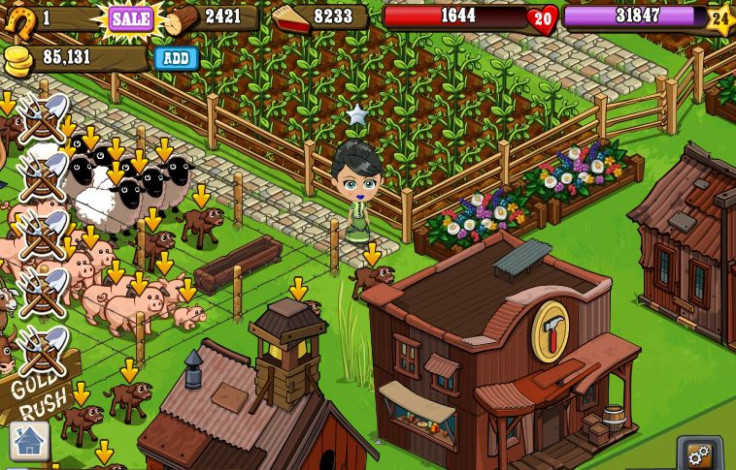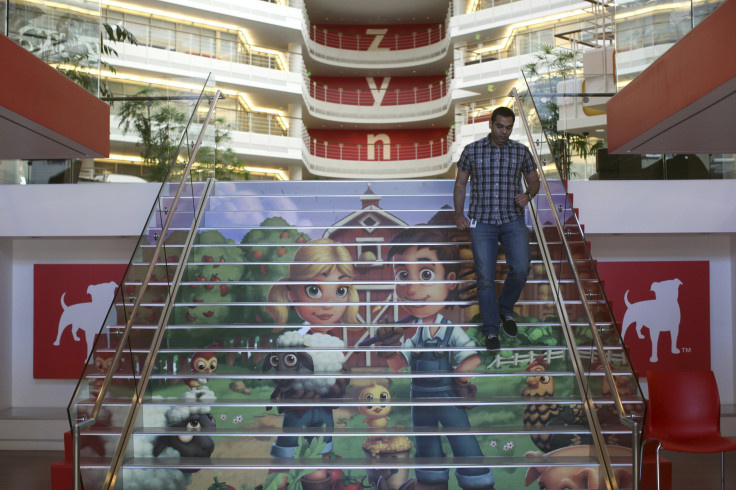Zynga Layoffs: How Zynga Is Like The Titanic, Your Last Breakup Or A Remora Fish

It took about eight months for top executives at Zynga Inc. (Nasdaq:ZNGA) to scurry for the lifeboats.
Now, the social gaming company is sinking like the Titanic.
CEO Mark Pincus knew something was going wrong last summer. Zynga stock had failed to impress after the maker of such Facebook games as “FarmVille” and “Mafia Wars” went public in December 2011. The fast-eroding share price was reducing the value of equity used to compensate staff.
Then, last August, Pincus stripped then-Chief Operating Officer John Schappert of most of his power as he attempted to overhaul the company.
Four other managers departed earlier that month, including Alan Patmore, the general manager of “CityVille,” Erik Bethke, a general manager who oversaw “Mafia Wars 2,” Ya-Bing Chu, a vice president of the company’s mobile division and Jeremy Strauser, another general manager.
So Schappert followed suit, and quit. Weeks later, Chief Creative Officer Mike Verdu resigned to start a new company.

By the end of August, two more top-level executives fled the company: Vice Presidents Bill Mooney, who headed studios, and Brian Birtwistle, the marketing chief.
Two months after much of the top-brass paddled off, the first real bloodbath ensued.
Zynga closed its 50-person Boston office and laid off more than 100 employees in its Austin studio in late October. Executives flew to Massachusetts and Texas from San Francisco to break the news in person – conveniently, amid the saturation of Apple iPad Mini coverage. Many of the programmers’ and designers’ jobs were outsourced to offices in India.
Then, on Monday, Pincus pink-slipped another 520 employees – 18 percent of the company’s workforce – sending share prices down more than 12.03 percent to $2.99.
So, why is a company that once seemed promising now plummeting? Well, for much the same reason your relationship may have fallen apart: Facebook.
Like the remora fish, which clings to sharks and feeds off their prey, Zynga relied on Facebook’s popularity to feed it an audience of gamers. The game company, riding high on Facebook’s speculated value, went public months before the social network, and only took a further beating once stock in Mark Zuckerberg’s ubiquitously used site failed to meet analysts’ expectations – repeatedly.
And – realizing this only after expanding to multiple cities around the globe – Zynga found itself too big to nimbly steer into the multi-platform market that is crucial to profitability.
Companies like SGN, the gaming network founded by MySpace co-founder Chris DeWolfe, launched in the last year with all screens in mind. Rejecting Zynga’s model of specifying games for each platform – “FarmVille” on Facebook, “Words with Friend” on mobile – SGN began developing games that are released on all platforms at once, keeping the company nimble and adaptable.
It remains to be seen whether Zynga can lose enough weight to stay afloat.
© Copyright IBTimes 2024. All rights reserved.






















